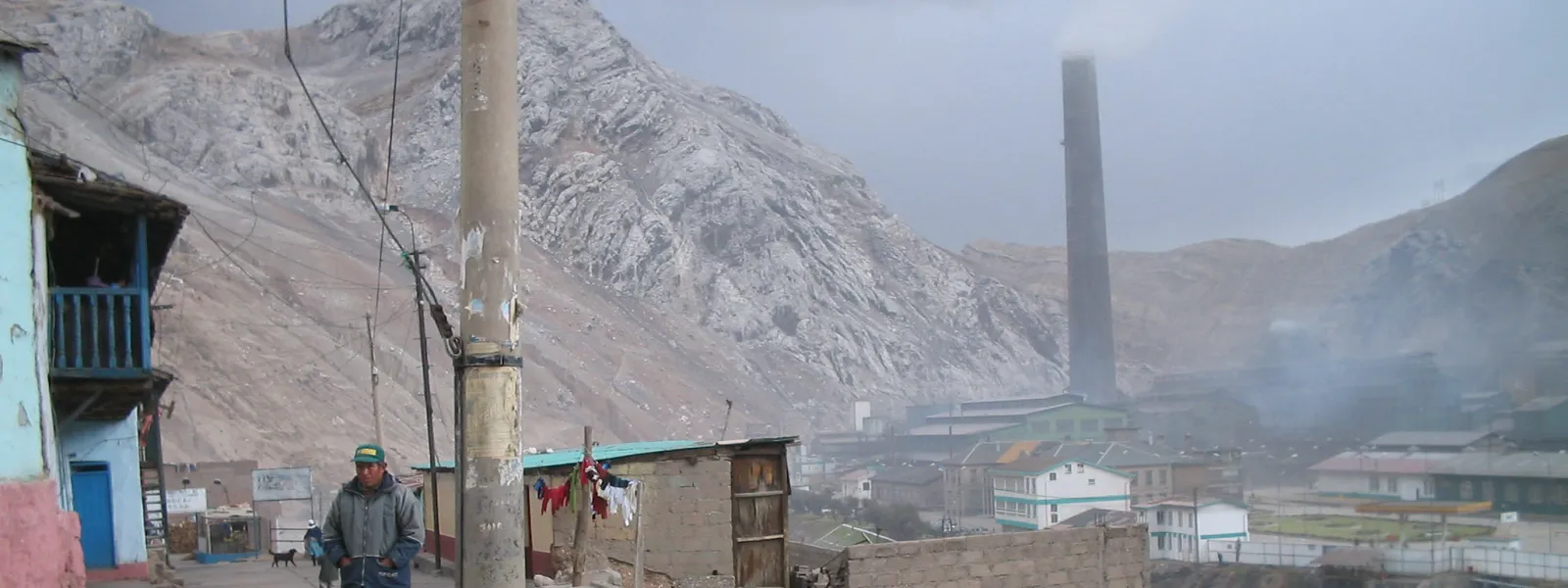
IACHR urges Peru to protect 14 additional people affected by pollution in La Oroya
Photo: Astrid Puentes / AIDA.The Commission did so by extending the precautionary measures originally granted in 2007. The decision arrives six years after it was requested, and confirms the severity of health deterioration in La Oroya. It also confirms that the life and integrity of affected people are at risk, and require urgent and adequate protection by the Peruvian State.
Washington DC, USA. The Inter-American Commission on Human Rights (IACHR) urged the Peruvian government to protect the life and integrity of 14 additional people affected by toxic pollution in the city of La Oroya. They join the 65 people already protected by precautionary measures granted by the international body in 2007. The decision reaffirms that the health of the beneficiaries has deteriorated severely, they continue to be at risk, and their government must provide prompt and adequate care.
The Interamerican Association of Environmental Defense (AIDA)—together with the Asociación Pro Derechos Humanos (APRODEH), the Centro de Derechos Humanos y Ambiente (CEDHA) and Earthjustice—represents the victims who benefit from the precautionary measures before the Commission. We express our satisfaction with the Commission’s decision, which arrives six years after it was originally requested.
A metal smelter operated by Doe Run Peru is the source of the heavy metal contamination in La Oroya. The Commission has established that the lack of integral and specialized medical care, as well as health deterioration over time, could affect the right to life and integrity of the beneficiaries of the precautionary measures, which now number 79.
“The extension of the precautionary measures reaffirms the urgent and serious situation threatening the life and integrity of the people of La Oroya. We hope the State fully complies with the provisions in favor of all of the beneficiaries, providing them with adequate and specialized medical attention,” said María José Veramendi Villa, AIDA attorney.
The Commission’s decision states that the government of Peru must conduct the medical evaluations necessary to determine the levels of lead, cadmium and arsenic in the blood of affected people, in order to provide them with appropriate medical care, in accordance with international standards. The government must also report on the actions taken to investigate the facts that led to the extension of the precautionary measures, in order to avoid their repetition.
Our case on the human rights violations committed against the affected people remains pending the final decision of the Commission. AIDA and APRODEH expect that the report will hold the Peruvian government responsible for said violations.
